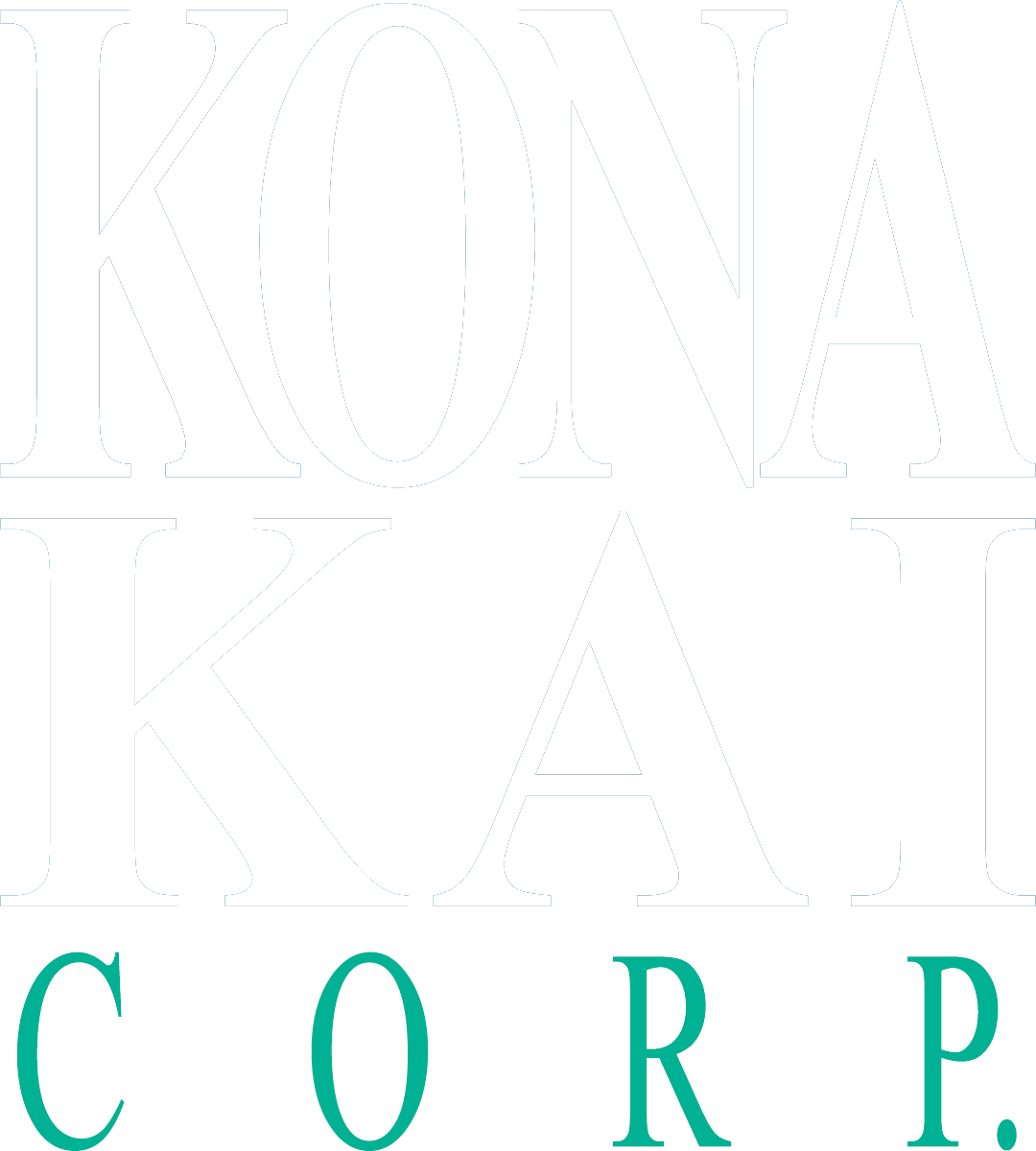Navigating Compliance Challenges in CRM for Highly Regulated Industries
Customer Relationship Management (CRM) systems are essential for businesses in highly regulated industries like healthcare, finance, insurance, and government. However, strict compliance requirements—ranging from data privacy laws to industry-specific regulations—can pose challenges. Organizations must ensure their CRM solutions meet these standards while maintaining efficiency and customer satisfaction.
In this blog, we’ll explore key compliance challenges in CRM for regulated industries and best practices for maintaining security, data integrity, and legal compliance.
The Role of CRM in Highly Regulated Industries
A CRM system centralizes customer interactions, automates workflows, and improves customer engagement. But in industries with strict regulatory oversight, organizations might be required to implement CRM solutions that align with laws such as:
- HIPAA (Health Insurance Portability and Accountability Act) – Governs the handling of patient data in healthcare.
- HITECH Act – The Health Information Technology for Economic and Clinical Health. This is a regulatory framework for Electronic Health Records (EHR) which seeks to impose stricter security and privacy requirements on providers and companies that interact with the data.
- FINRA & SEC Regulations – Require financial firms to maintain and protect sensitive client data.
- GDPR & CCPA – Protect consumer data privacy in Europe and California.
- NAIC Model Laws – Regulate data security for the insurance industry.
- Sarbanes Oxley (SOX) – While the act primarily addresses financial reporting and accounting practices, a key component emphasizes the secure handling of corporate data, including strict controls around data access and integrity.
Top Compliance Challenges in CRM Systems
1. Data Privacy & Security
Challenge: Highly regulated industries must ensure CRM data remains secure, encrypted, and protected from unauthorized access.
Solution:
- Use role-based access controls (RBAC) to restrict sensitive data to authorized personnel.
- Enable encryption for data in transit and at rest.
- Implement multi-factor authentication (MFA) to prevent unauthorized access.
2. Data Retention & Audit Trails
Challenge: Many regulations require businesses to retain records for specific periods and maintain audit trails for compliance.
Solution:
- Configure automated data retention policies in your CRM to ensure records are stored for required durations.
- Enable audit logs to track and document user activity for regulatory reviews.
3. Compliance with AI & Automation
Challenge: The use of AI in CRM (e.g., Salesforce Einstein or AgentForce) introduces potential compliance risks, such as bias in decision-making or improper handling of customer data.
Solution:
- Regularly audit AI algorithms for fairness and compliance.
- Implement explainable AI (XAI) features to ensure transparency in automated decisions.
- Stay updated on emerging AI regulations to ensure compliance.
4. Third-Party Integrations & Vendor Compliance
Challenge: Many CRM systems integrate with third-party applications, increasing exposure to compliance risks.
Solution:
- Work only with compliant vendors that meet industry regulations.
- Conduct third-party risk assessments to evaluate security and compliance practices.
- Use API security best practices to protect data exchanges.
5. Adapting to Evolving Regulations
Challenge: Regulatory requirements change frequently, making it difficult for businesses to stay compliant.
Solution:
- Regularly update compliance policies and CRM settings.
- Leverage CRM compliance monitoring tools to stay ahead of new regulations.
- Train employees on regulatory updates and CRM compliance best practices.
Best Practices for CRM Compliance in Regulated Industries
To ensure compliance while leveraging the full power of your CRM, follow these best practices:
- Choose a CRM with built-in compliance features – Platforms like Salesforce offer HIPAA-compliant cloud storage and GDPR tools to streamline compliance.
- Regularly audit CRM data and security settings – Conduct internal compliance checks to identify potential vulnerabilities.
- Train employees on CRM security and data handling – Compliance is only as strong as the people using the system.
- Enable automation for compliance reporting – Use CRM workflows to generate compliance reports automatically.
Unlocking Your CRM’s Full Potential
For businesses in highly regulated industries, CRM compliance is not optional—it’s essential. By implementing security best practices, maintaining audit trails, and staying updated on evolving regulations, organizations can maximize the benefits of CRM while ensuring full compliance.
By working with partners like us, organizations see a 31% faster adoption rate of emerging technologies (2023 Salesforce Partner Value / AppExchange Customer Success Survey). Our team specializes in configuring secure, regulation-ready CRM platforms that help you stay ahead of compliance challenges.
INSIGHTS












